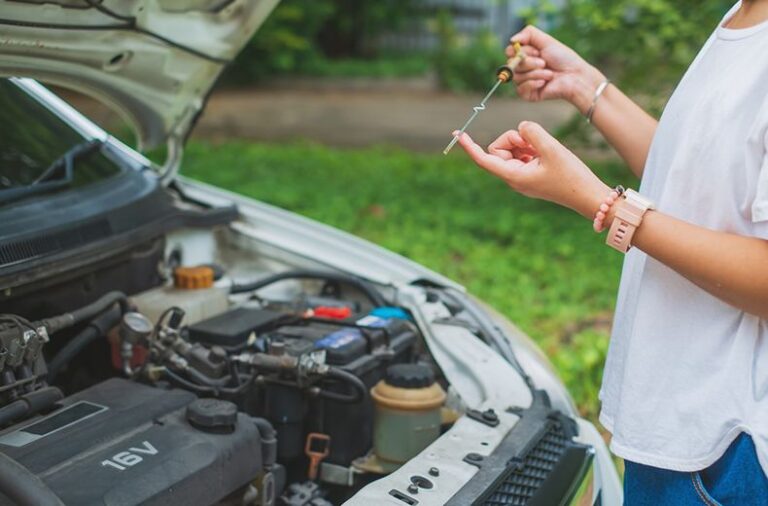Owning or buying a vehicle brings with it the responsibility of ensuring its proper maintenance and regular checks. While many view this as a mere routine or a regulatory necessity, the importance of a check extends far beyond.
It’s a practice crucial for the safety, longevity, and efficient functioning of the vehicle. In this detailed exploration, we delve into the myriad reasons why regular checks are not just advisable but essential for every car owner.
Ensuring Safety
The primary and most compelling reason for regular checks is safety. Each component of a car, from the braking system to the airbags, plays a crucial role in ensuring a safe driving experience. For example, brake checks are vital in preventing accidents due to delayed or failed stopping mechanisms.
Regular tire inspections are equally important, as worn-out tires can significantly increase the risk of accidents, especially in adverse weather conditions. Additionally, a comprehensive check can identify issues in the electrical systems, which might lead to malfunctions in headlights, taillights, or indicators, posing a significant risk in low-visibility conditions.
In essence, regular checks act as a preventive measure against potential hazards, ensuring not only the safety of the driver and passengers but also that of other road users.
Maintaining Vehicle Performance and Efficiency
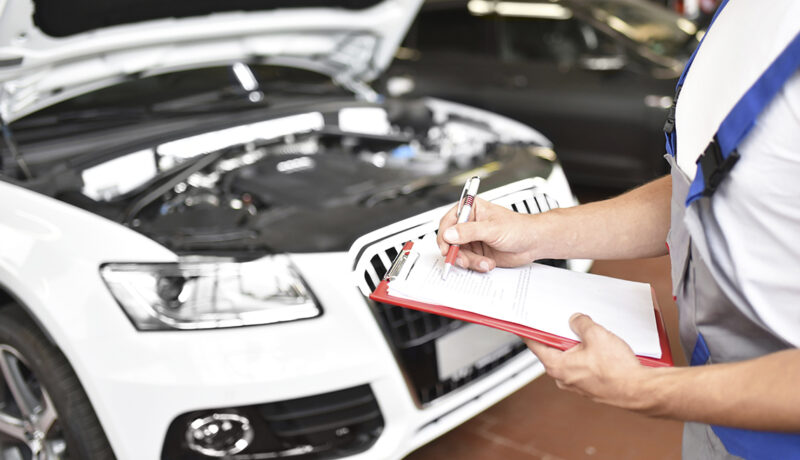
Beyond safety, regular vehicle checks play a pivotal role in maintaining the optimal performance and efficiency of your car. Engine checks, for instance, ensure that it runs smoothly and efficiently, which can significantly affect fuel consumption and overall car performance.
Ignoring these checks can lead to decreased engine efficiency, higher fuel consumption, and ultimately, increased running costs. Regular checks of the transmission system ensure smooth gear shifts and contribute to the overall driving experience.
It’s not just about the major components; even routine checks like oil changes, air filter replacements, and fluid level checks can have a noticeable impact on how your car performs. The cumulative effect of these checks means a vehicle that is not only more enjoyable to drive but also more economical in the long term.
Avoiding Costly Repairs
One of the more practical reasons to keep up with checks is the financial aspect. Regular checks can identify small issues before they escalate into major problems, thereby saving significant repair costs. For example, a simple leak in the cooling system, if left unchecked, can lead to engine overheating and potentially severe engine damage.
Similarly, neglecting routine brake checks can lead to worn brake pads and damaged rotors, which are not only dangerous but also more expensive to repair. In the long run, the cost of regular checks and minor repairs is far less than the cost of major overhauls that could have been avoided.
Increasing Longevity of the Vehicle
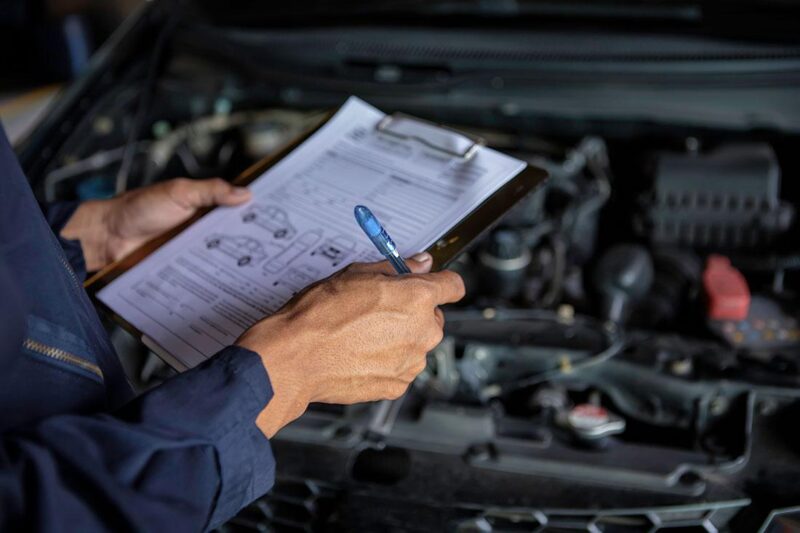
The lifespan of any car is directly tied to how well it is maintained. Regular checks ensure that every part of your car is in optimal condition, thereby extending its usable life. This is particularly important for those who plan to use their vehicle for many years.
Consistent maintenance checks can prevent the kind of wear and tear that leads to early vehicle retirement. Additionally, a well-maintained ones retains a higher resale value.
If you decide to sell your car, a history of regular checks and maintenance can be a significant selling point, assuring potential buyers of the vehicle’s good condition. See more about it here: fullcarchecks.
Compliance with Legal Requirements
In many regions, regular checks are not just a matter of safety or efficiency but also a legal requirement. Regular inspections are mandated to ensure that vehicles on the road meet safety standards set by regulatory authorities. These checks can include emissions testing, which is crucial for environmental protection.
Failing to comply with these requirements can lead to legal consequences, including fines and in some cases, impoundment of the vehicle. Therefore, regular vehicle checks are essential not just for personal reasons but also to adhere to the legal standards of vehicle maintenance and safety.
Personal Peace of Mind
Lastly, regular checks provide something that’s hard to quantify but incredibly valuable – peace of mind. Knowing that your vehicle has been thoroughly checked and maintained by professionals gives you confidence in its reliability and safety.
This assurance is particularly important for those who frequently embark on long journeys or have family members using the car. There’s a significant comfort in knowing that every part of your car, from the engine to the brakes, is functioning as it should.
Detailed Insights into Vehicle Systems
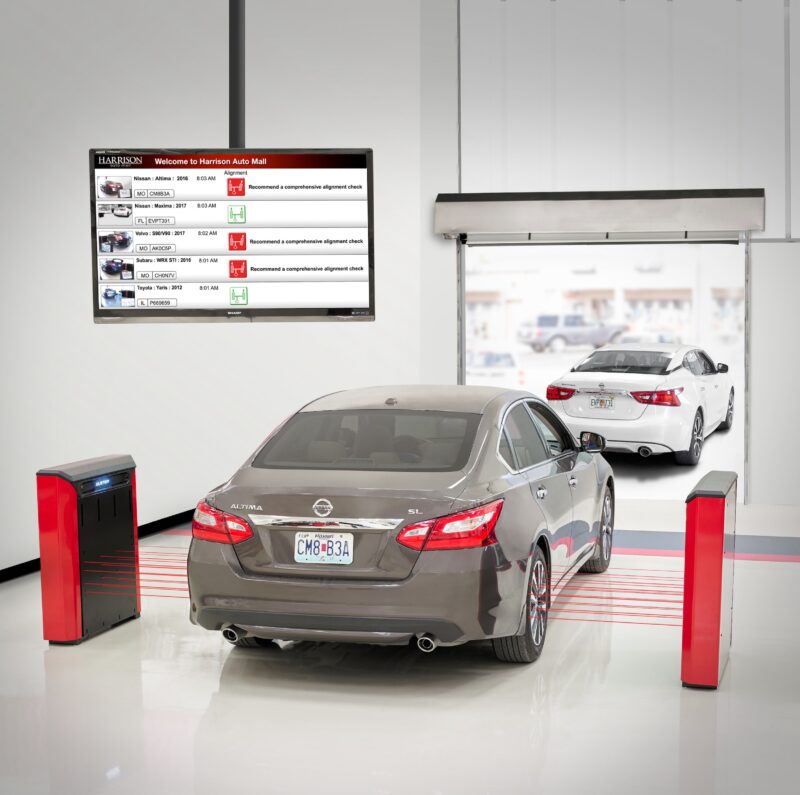
Expanding on the importance of checking specific systems can add depth to the article. For example, delve into the intricacies of the engine system, explaining how regular checks can prevent common issues like overheating, oil leaks, or wear and tear on belts and hoses.
Highlight the importance of transmission checks, focusing on how they ensure smooth gear shifting and prevent major mechanical failures. Discuss the significance of checking the suspension system, which impacts the comfort and handling of the vehicle.
These detailed insights can help readers understand the complexity of their vehicles and the importance of each system’s proper functioning.
Environmental Considerations
In today’s world, environmental considerations are increasingly important. Address how regular checks, particularly emissions testing, play a crucial role in minimizing a vehicle’s environmental impact.
Discuss how maintaining optimal engine performance can reduce emissions and how detecting and fixing leaks prevents harmful chemicals from entering the environment. This section can emphasize the role of individual car owners in contributing to broader environmental conservation efforts.
Technological Advancements in Vehicle Maintenance
Incorporate a section on how technological advancements have impacted vehicle maintenance and checks. Discuss diagnostic tools and software that can provide comprehensive assessments of a vehicle’s condition.
Highlight how these technologies make vehicle checks more efficient and accurate, enabling early detection of potential issues.
Personal Stories and Case Studies
Including personal stories or case studies can make the article more relatable and compelling. Share anecdotes of how regular checks have prevented accidents or costly repairs. These real-life examples can underscore the practical benefits of routine maintenance.
Expert Opinions
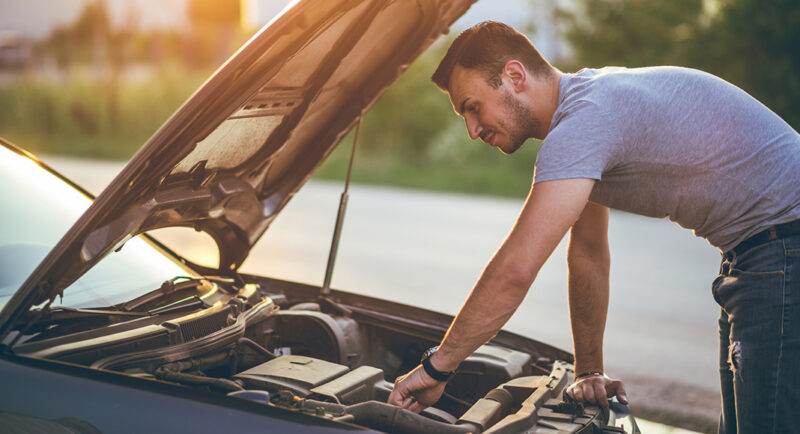
Adding quotes or insights from automotive experts or mechanics can lend credibility and authority to the article. These professionals can provide valuable tips on what vehicle owners should look out for and how to maintain their vehicles effectively.
This section can also address common myths and misconceptions about vehicle maintenance.
Customized Maintenance Schedules
Finally, discuss the importance of customized maintenance schedules. Explain how factors like driving habits, vehicle age, model, and usage (such as city driving versus long-distance travel) can influence maintenance needs. Encourage readers to consult with professionals to create a maintenance schedule that fits their specific circumstances.
Conclusion
Conclude the article by reiterating the importance of regular vehicle checks. Emphasize that while these checks require time and investment, they are essential for ensuring safety, performance, and longevity of the vehicle. Encourage readers to view vehicle maintenance as an ongoing process that is integral to responsible car ownership.
Related Posts:
- 10 Reasons to Get Snow Plow Insurance - Don't Get…
- Car History Check: What It Is and Why It's Crucial…
- Does It Snow In Iceland? Exploring Its Icy Evolution
- Does It Snow In Tennessee? Discovering Its Winter Side
- Does It Snow In India? What Tourists Don't Know…
- What Is an Engine Block? 11 Tips for Understanding…

